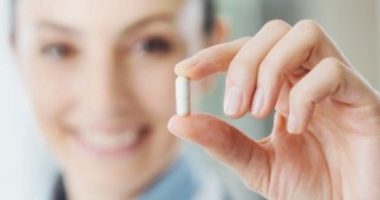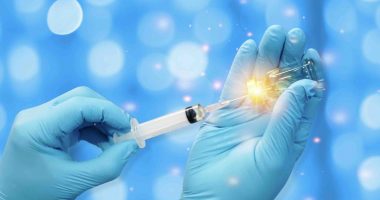- Paradigm Biopharmaceuticals has seen more than 50 per cent reduction in knee pain across 205 patients
- Data obtained will aid in assisting phase 3 of trials
- Currently not registered for use in Australia
Paradigm Biopharmaceuticals has reported more than 50 per cent reduction in pain across 205 patients with knee osteoarthritis (OA).
Osteoarthritis is a type of arthritis which occurs when the flexible tissue surrounding joints wears down. Initially described as ‘wear and tear’, OA is now believed to be a result
In knee OA the cartridge gradually wears away and becomes frayed and rough. This can result in bones rubbing against each other which produces bones spurs. It can make everyday activities such as walking, running and bending hard to do.
Current treatments include self care, therapies, surgery and a range of medications, however this condition can’t be cured.
Doctors at Paradigm Biopharmaceuticals have treated patients suffering OA with injectable pentosan polysulfate (PPS) under the Therapeutic Goods Administration Special Access Scheme.
PPS is a semi-synthetic drug manufactured from European beech xylan that produces a negatively charged product that mimics glycosaminoglycans, repeating sugar units.
These carbohydrates interact with proteins in the body which are involved with inflammation. Injectable PPS is currently not available for sale in Australia and is not registered.
Combining the reduction results of 22 patients with a previously reported 183 patients brings the average reduction in pain rate to 51.3 per cent across 205 patients.
In the 205 patients treated, 89.7 per cent responded with a reduction in joint pain and 91.2 per cent experienced an improvement in knee function.
These results, with real-work evidence, confirm that PPS has the potential to be used in patients with CEO Paul Rennie hoping it will be granted approval soon.
“We are very pleased to see that since October 2017 and after the report of the eight group of patients there is a consistent average knee pain reduction of greater than 50 per cent across 205 patients,” he said.
“Our strategy of obtaining real work evidence as we prepare our FDA IND submission for our phase 3 OA trial will provide valuable data on our newly manufactured phase 3 trial product,” he said.







